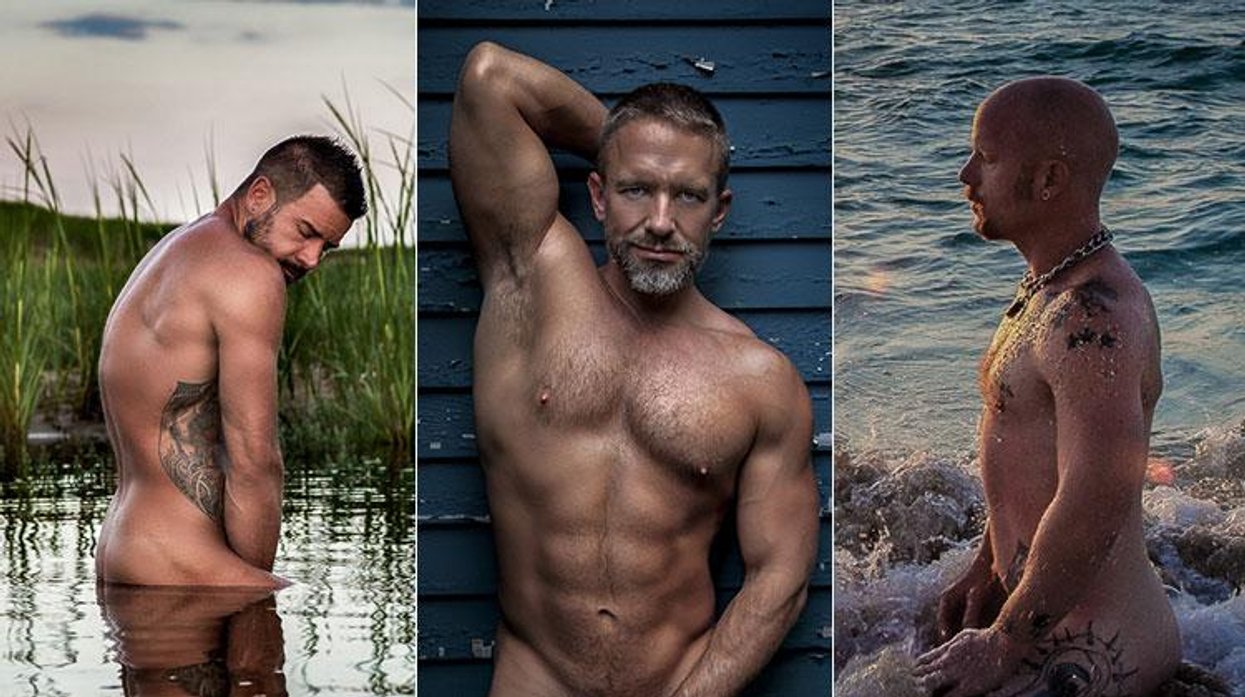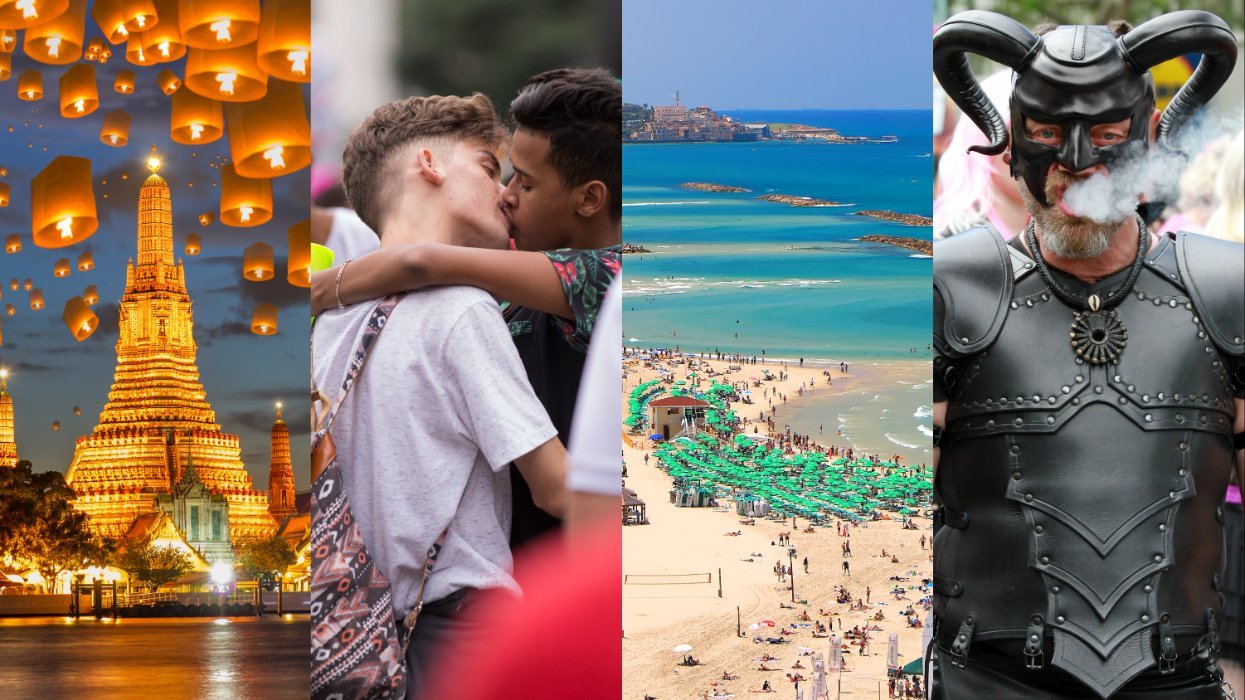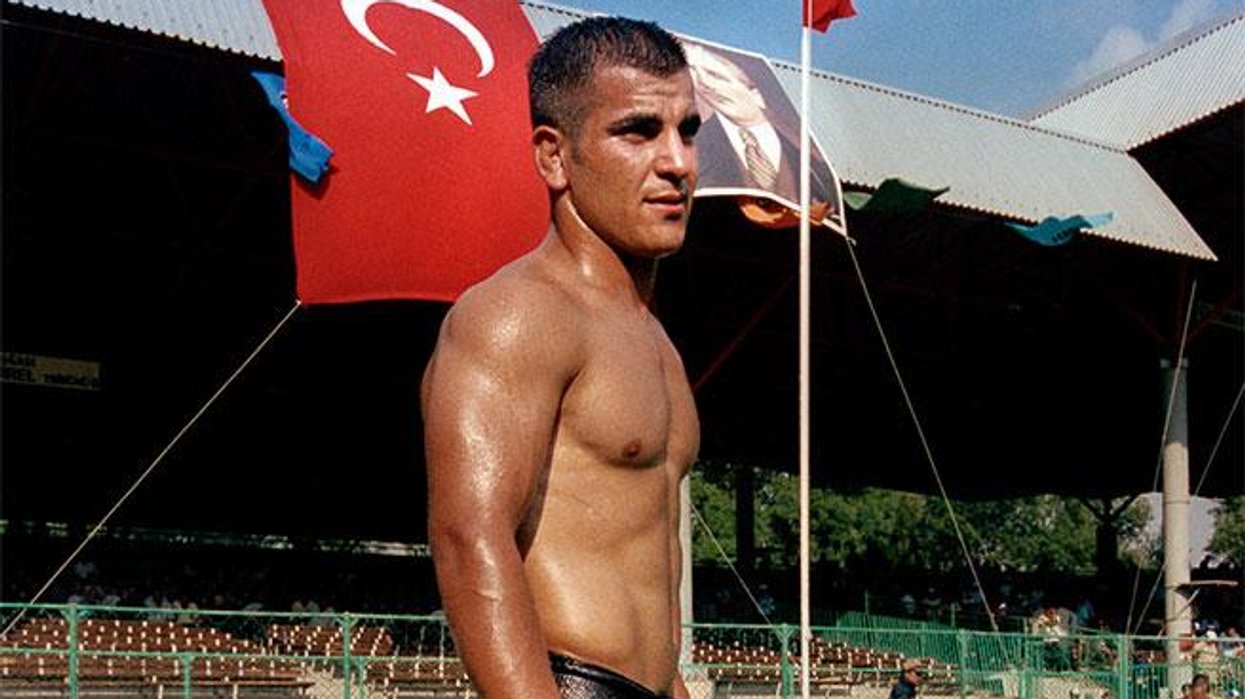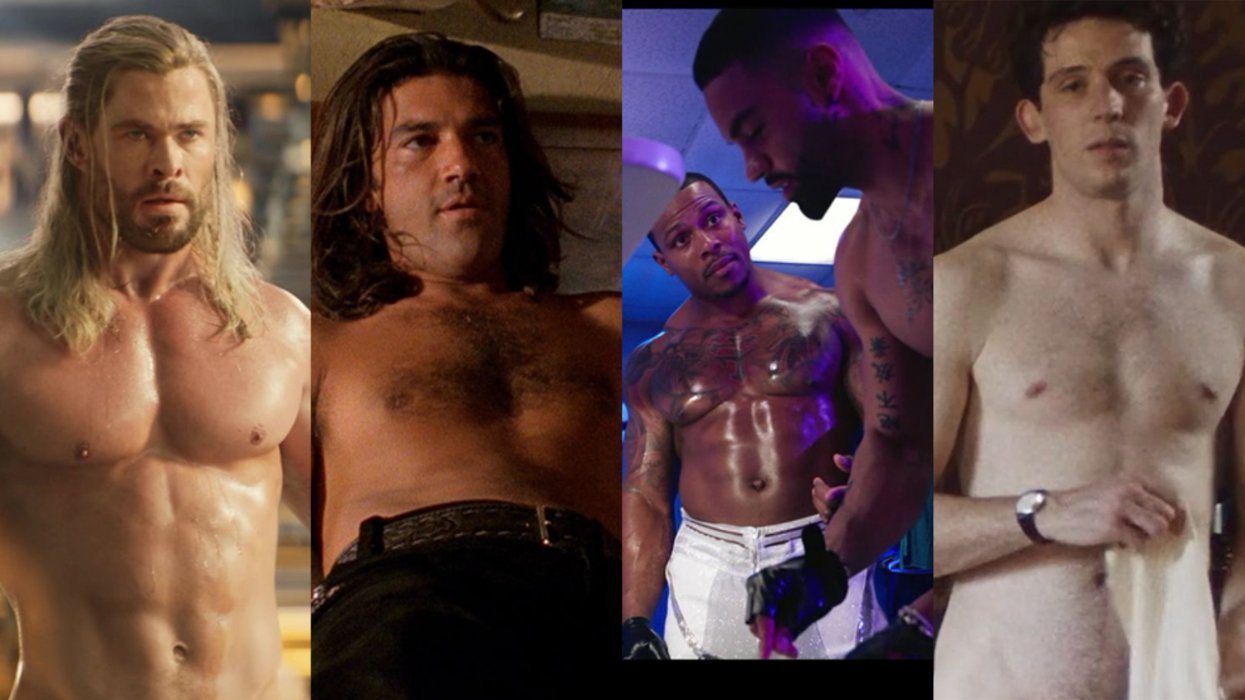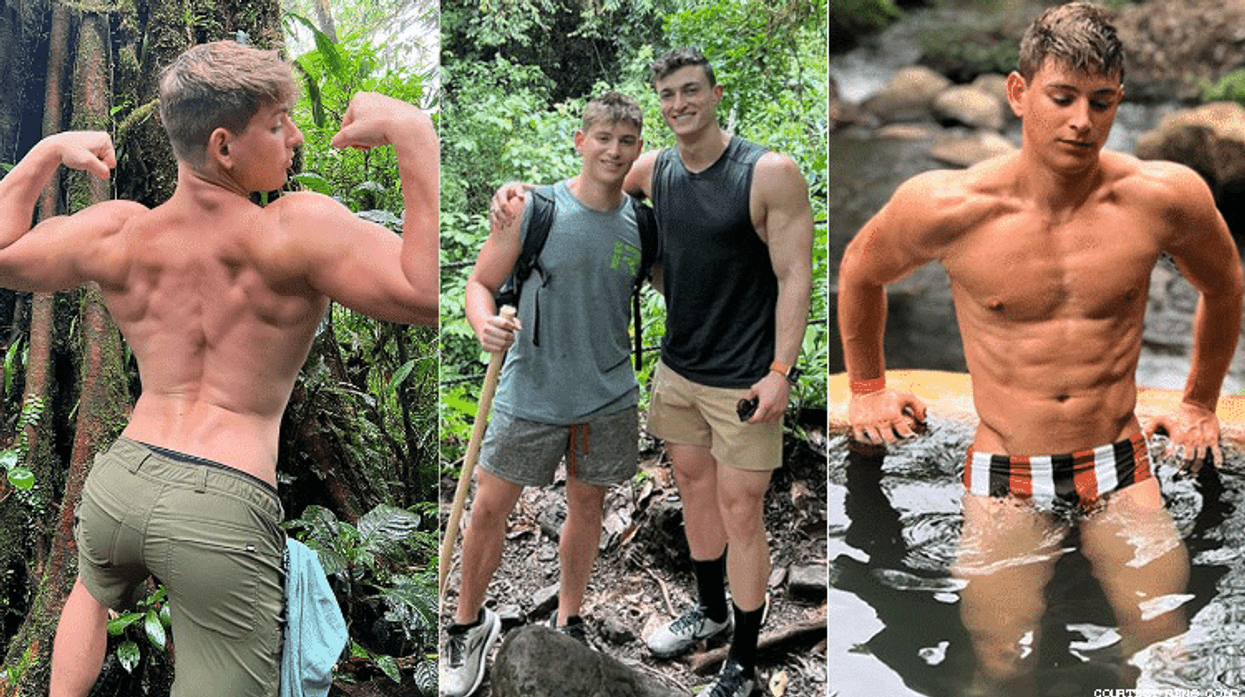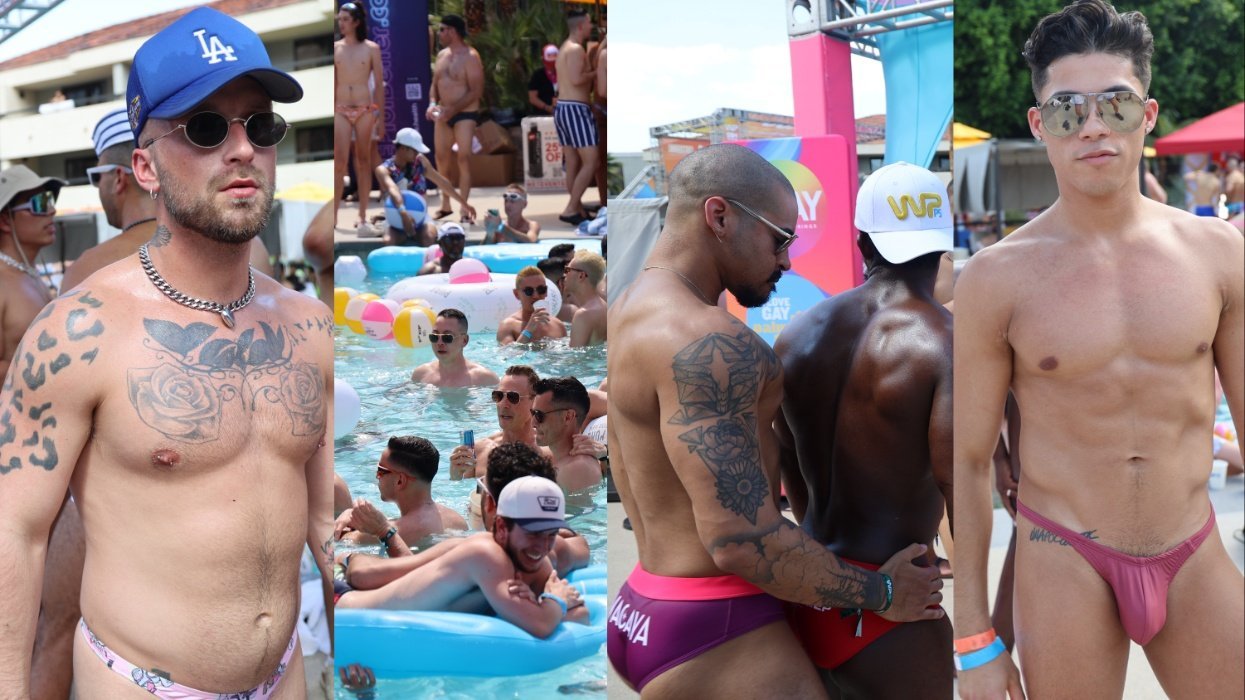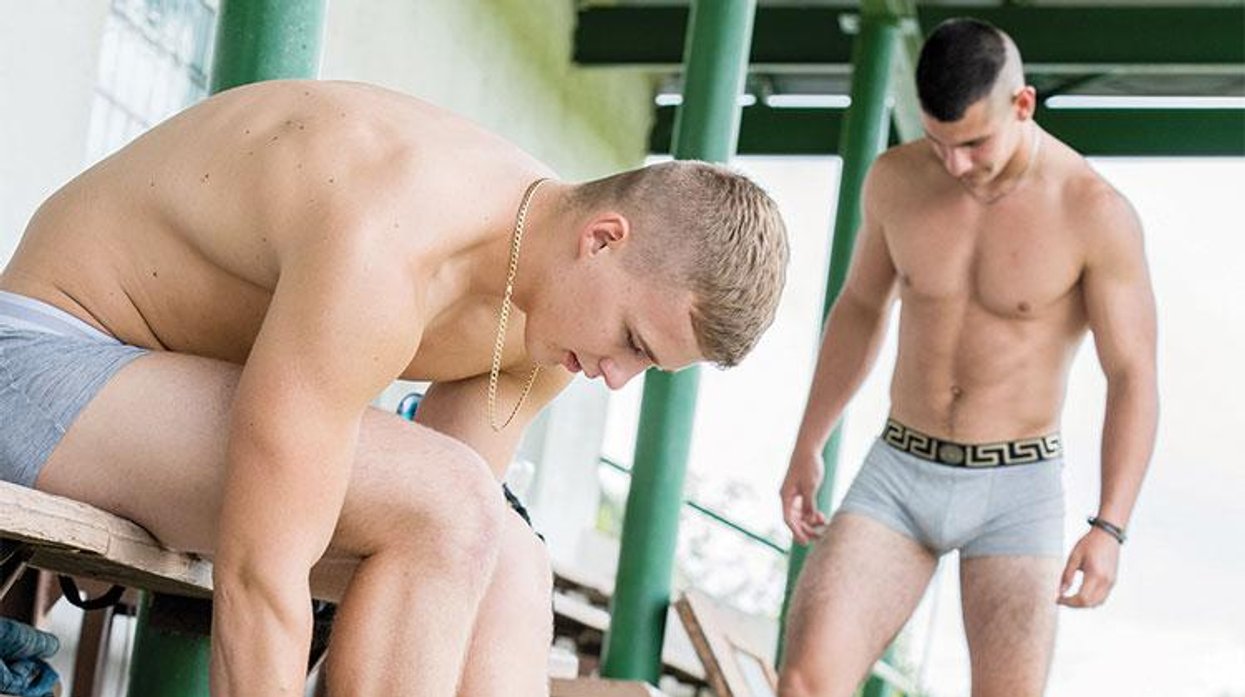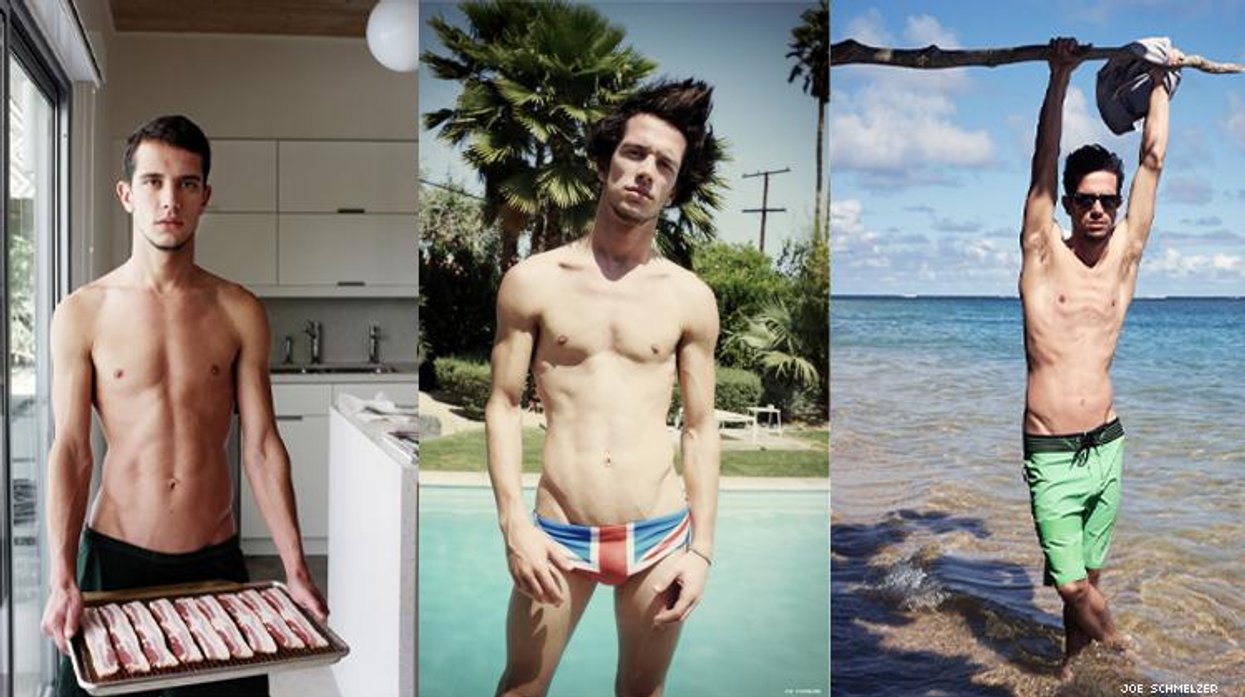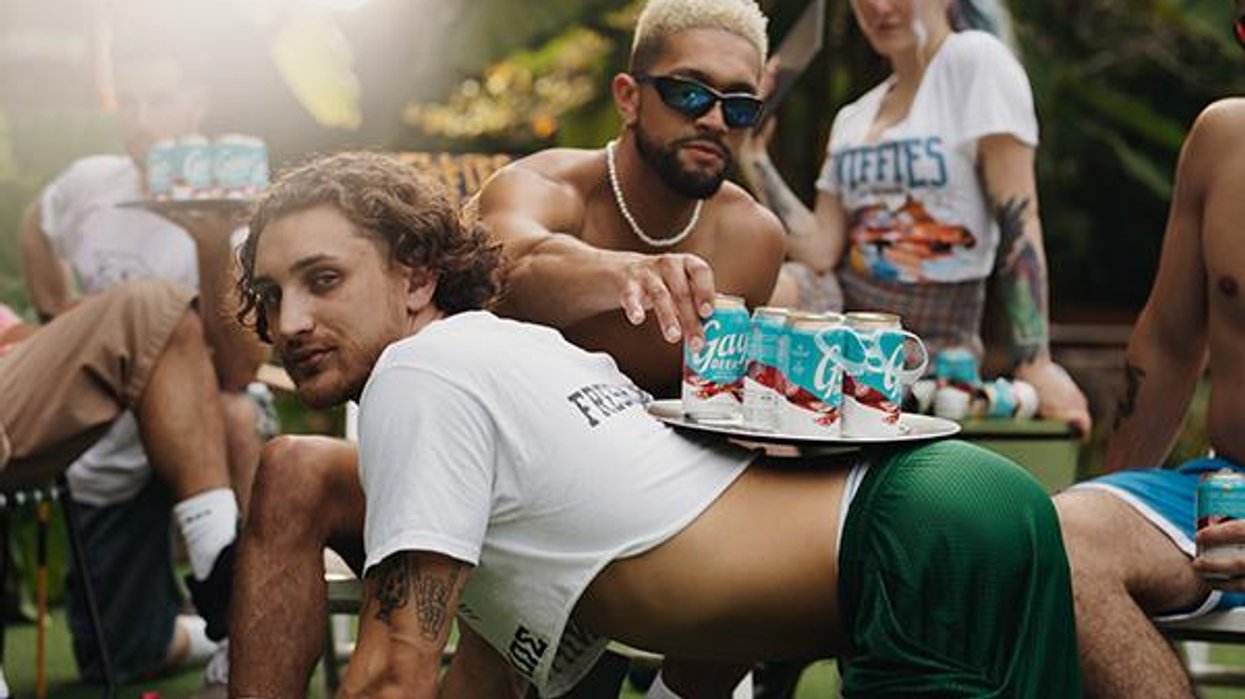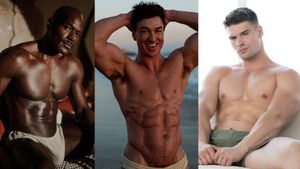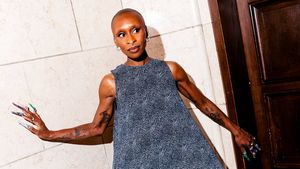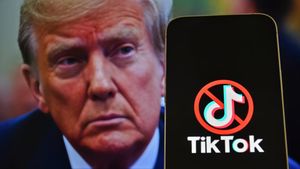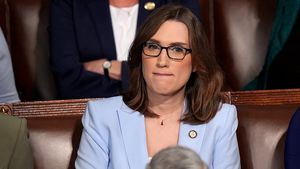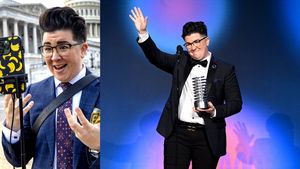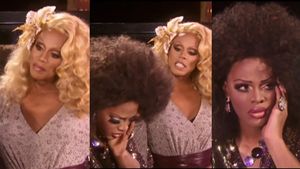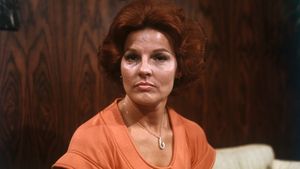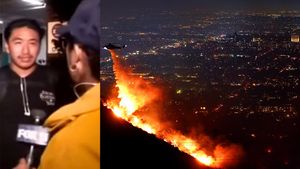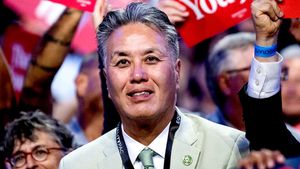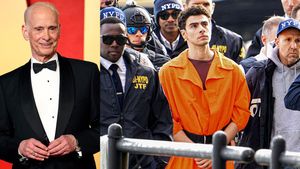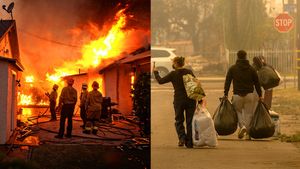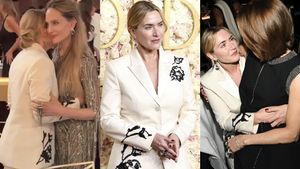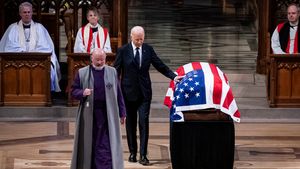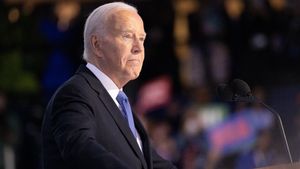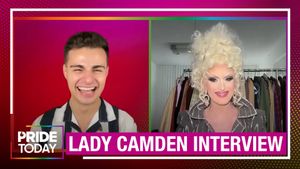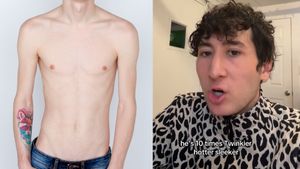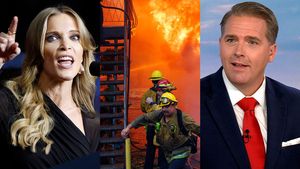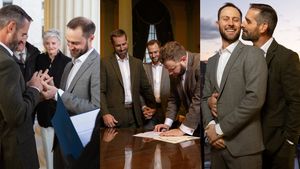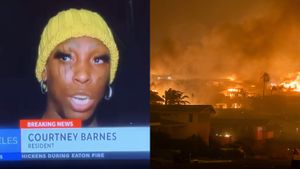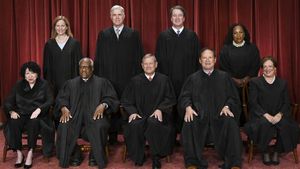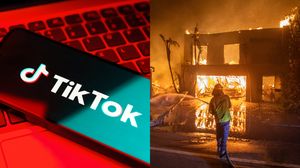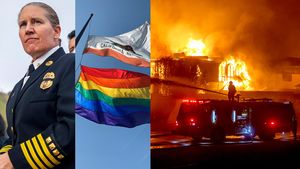The most powerful gay politician in America has called our nation?s capital his second home for going on 27 years, serving as the representative for Massachusetts?s fourth congressional district. His journey from closeted politician to gay rights leader has mirrored the nation?s progression from the Stonewall riots to Massachusetts becoming, in 2004, the first state to offer same-sex marriage. But most of all, he has weathered the ups and downs of life in Washington with great aplomb. And now he divulges his insider secrets on gay Washington.
What was your life like when you first came to Washington?
I first came to D.C. in 1971?72 when I went to work for a congressman. It was interesting?it was right after Stonewall, and gay activity was just starting. But I was too scared to participate. I was just lonely. I went back up to Boston and became the leading gay rights advocate in the state legislature, but I was so closeted, it was emotionally unsatisfying, so when I moved back to Washington in 1981, I said, ?I?m not gonna do this anymore.? I decided I would be publicly closeted, not claiming to be straight, but I would be privately gay. I thought, incorrectly, that I could have a genuine gay life privately while being straight publicly. Finally, after a couple years, I saw it wasn?t working?it was too hard to be closeted in politics?so I came out, and in Washington, I began to have a gay life and gay friends.
Was it easier to come out in Washington compared to your home district?
Yes. I had more anonymity. In Washington people left me space. Washington was a very good place for gay people, especially for closeted gay people. In most parts of America, if you?re not part of a nuclear family, you don?t fit in. And by the time I got here I was 40 years old, I wasn?t married, I didn?t date women, and I didn?t want to pretend. In much of the country, with a single man or woman, people would ask, ?What?s the matter with them?? But in Washington the town is full of people who are de facto single because their families are back home. There is less of a couple culture here. The transience of workers makes it more of an open place. It?s not a case of people moving into a long-established society. It?s in flux, which I think makes it easier for people to come and make friends and fit in.
How would you characterize the out gay life in Washington as opposed to other cities you?ve seen?
There?s a very active political gay community here. There?s a very large gay staff presence on Capitol Hill. And it?s larger than people would think on the Republican side. But most of them have to be closeted. Not necessarily in their offices?they?ll say, ?Oh, my boss knows and they?re very proud.? But the boss doesn?t want anybody in the district to know. On the Democrat side, gay and lesbian people are a very energetic part of the mix. Those of us who are gay or lesbian working in the government, you get a sense that we?re helping make things better, we?re preventing all the bigots. I?m now chairman of one of the most important committees in the government [the House Financial Services Committee]. I remind them that it is a gay man to whom they are deferring and that this prejudice they have, if it were valid, would apply to me.
To me, Washington seems gayer in proportion to its size than other U.S. cities.
I heard the white male population in Washington, D.C., has a higher gay percentage than any big city outside of San Francisco. And it?s a great place -- people are supportive, there are social activities, political activities. By now there are very few constraints.
But what about the last eight Bush years? Didn?t that change the atmosphere toward gays in D.C.?
That affects public policy but not people?s lives here. The right-wingers understandably feel like they?re in hostile territory here. The Republican presence hasn?t stopped the city from becoming an increasingly pleasant place for gay people to work. On the Democrat side in particular, gay people are totally integrated into D.C. culture.
Do you think it?s fair, the portrayal of the city as too buttoned-down and serious?
That?s how people see it through the media; that?s the media?s job. And it?s true, it?s probably a town where on the whole people go to bed earlier. There are a lot of meetings that start at 8 in the morning.
How has the look of Washington changed over the years you?ve been here?
I?m not that aware of my surroundings [laughs]. I grew up in Bayonne, N.J., so
I always thought D.C. was nice!
Frank's Frank D.C. Recommendations
1. “A lot of restaurants trade on being gay-oriented so they don’t have to have great food. Floriana [ 602 17th St. N.W.; 202-667-5937] has the best food in Dupont Circle. I always liked Italian food, and it’s a nice atmosphere [in an old converted brownstone house].”
2. “I like to go to the Banana Café [500 Eighth St. S.E.; 202-543-5906]. My ex who was Colombian said it was the best Latin food in town. It also has a fun honky-tonk gay bar upstairs.”
3. “The Sizzling Express [300 M St. S.E.; 202-863-7797] has Chinese and American food and a great salad bar. I can go eat quietly and read. I thought I had discovered my own low-end place, but I have run into the Democratic Senate whip and the chairman of the Rules Committee here!”
4. “I always tell visitors to take a tour of the Capitol building [on Capitol Hill at the east end of the Mall; 202-225-6827], because they do a wonderful job of making it a museum and a working place. You understand the physical nature of the place that helps shape what goes on there.”
5. “My favorite monument is the Jefferson Memorial [900 Ohio Dr. S.W.; 202-426-6841]. Nobody ever used words better in the history of humanity than Jefferson, and when you go in, there are his marvelously eloquent, moving passages engraved down the wall. There’s a statue of him surrounded by these walls that almost speak to you.”
6. “There’s a great old restaurant in the Willard Hotel [1401 Pennsylvania Ave. N.W.; 202-628-9100] and they have walls of photographs going back to the turn of the 20th century—Theodore Roosevelt, Charles Lindbergh, Woodrow Wilson—and they’re not identified, so you have to really look at them. It’s my favorite gallery in Washington.”
7. “Don’t try to do too much. If you’ve only got three days, don’t try to cram too much in. There’s so much to take in here -- plan to come here three or four times in your lifetime.”
|






